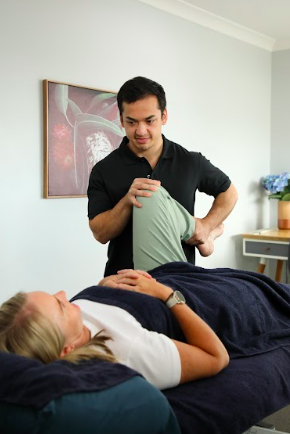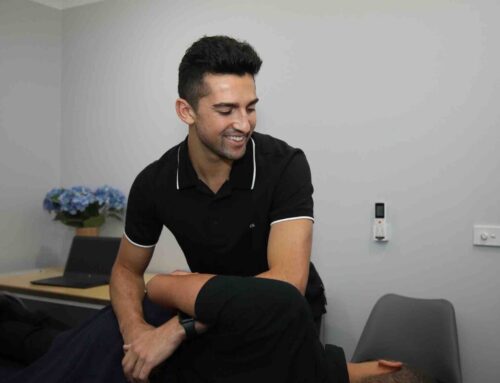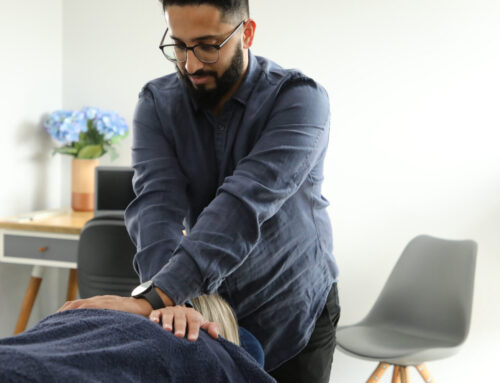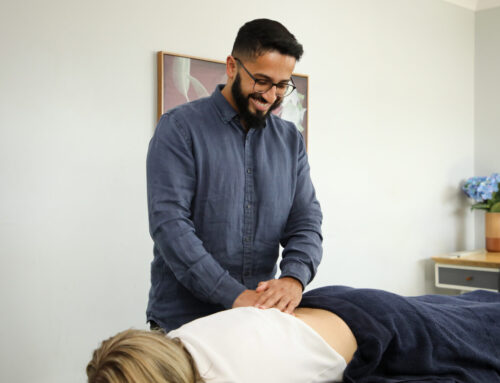Femoral Acetabular Impingement (FAI) is a condition that affects the hip joint, where abnormal contact between the hip bone (femur) and the socket (acetabulum) leads to pain and restricted movement. This condition is often seen in young and active individuals, especially athletes. Understanding the nature of FAI, its symptoms, and treatment options can help in managing the condition effectively.
What is Femoral Acetabular Impingement?
FAI occurs when the bones of the hip are not shaped normally. Because they do not fit together perfectly, the hip bones rub against each other during movement, causing damage to the joint. There are two types of FAI: Cam impingement, where the femoral head is not round and cannot rotate smoothly inside the acetabulum; and Pincer impingement, where the acetabulum covers too much of the femoral head. Some people may have a combination of both types.

Image Courtesy: https://orthoinfo.aaos.org/en/diseases–conditions/femoroacetabular-impingement/
Recognising the Symptoms
The most common symptom of FAI is pain in the hip or groin area, which is often aggravated by prolonged sitting, walking, or physical activities. There may also be stiffness and a limited range of motion in the hip. In some cases, the pain may radiate to the thigh or knee, and there might be a clicking or locking sensation in the hip joint.
 How Osteopathy can assist
How Osteopathy can assist
Osteopathy offers a holistic approach to managing FAI, focusing on improving the function of the musculoskeletal system and promoting overall well-being. An osteopath will conduct a thorough assessment to understand the root cause of the impingement and develop a personalised treatment plan. This plan may include:
- Manual Therapy: Techniques such as joint mobilisation and soft tissue manipulation can help reduce pain and improve hip mobility.
- Exercise Prescription: Customised exercises to strengthen the muscles around the hip joint, improve flexibility, and enhance stability.
- Postural Education: Guidance on maintaining proper posture and body mechanics to prevent further aggravation of the hip joint.
 Long Term Management of FAI
Long Term Management of FAI
Managing FAI involves a combination of treatment and lifestyle modifications. Staying active while avoiding activities that exacerbate symptoms, maintaining a healthy weight, and practicing good posture can significantly alleviate discomfort. Regular follow-ups with an osteopath can ensure that the condition is managed effectively and any necessary adjustments to the treatment plan are made.
If you have further questions about FAI or hip related pain, please feel free to contact our clinic to book an appointment here or call us on 59414157.
 How Osteopathy can assist
How Osteopathy can assist Long Term Management of FAI
Long Term Management of FAI



